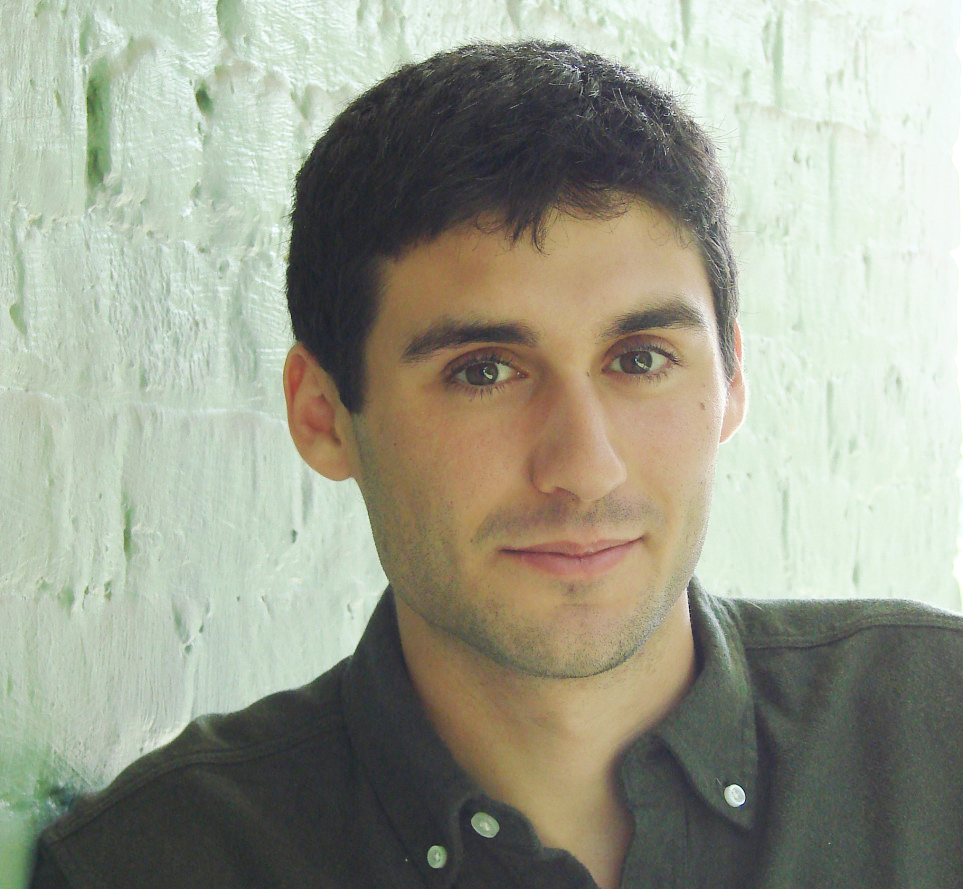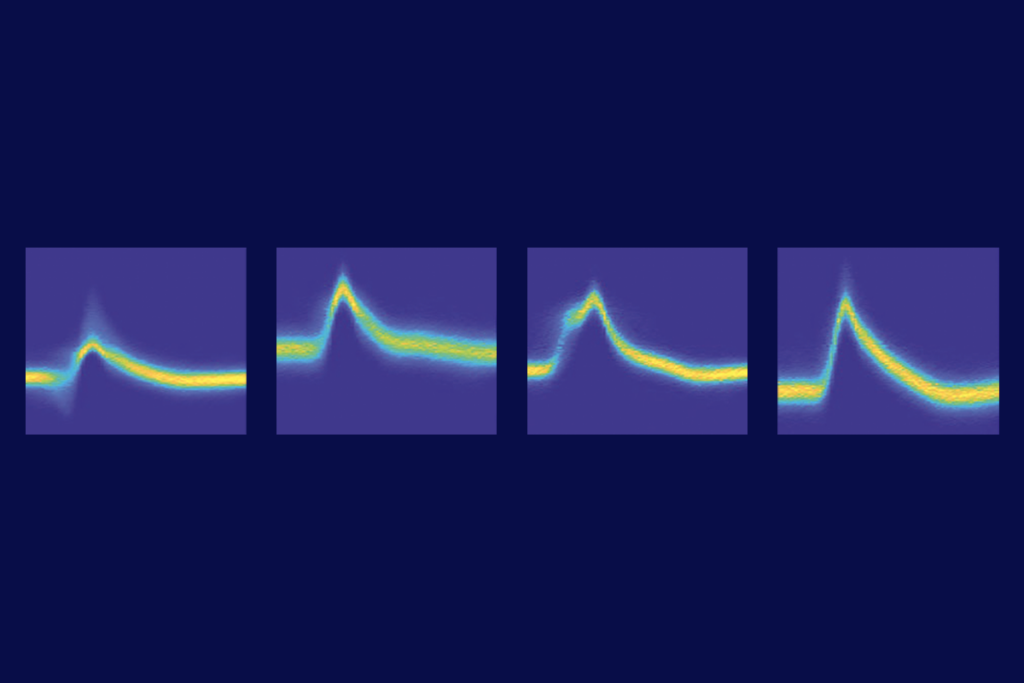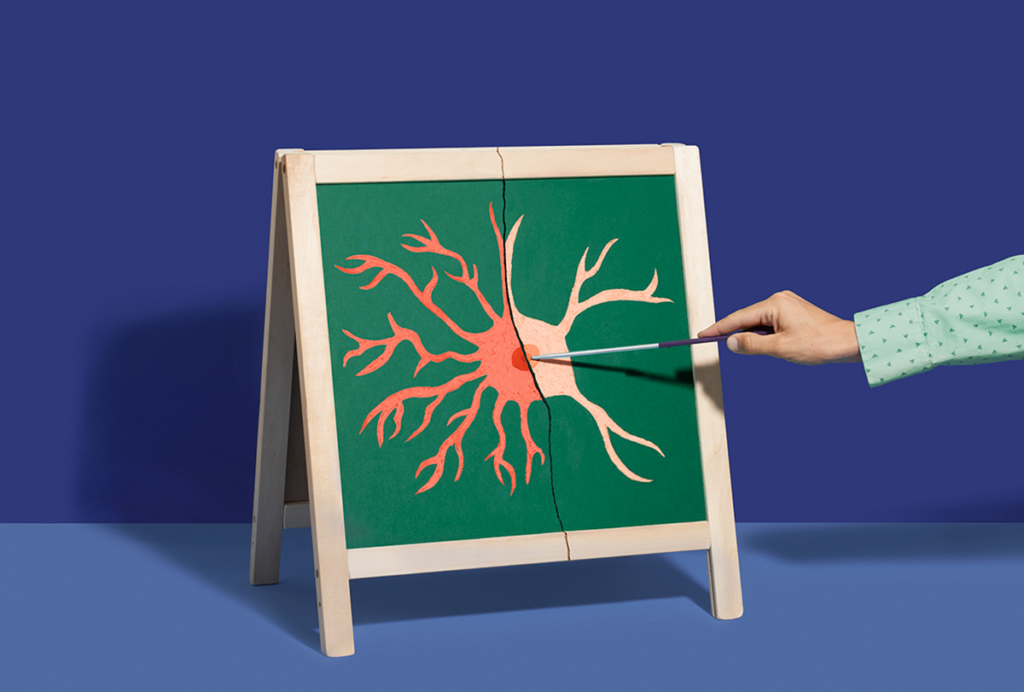Michael Schulson is a contributing editor for Undark. His work has also been published by Wired, Salon, Slate, Pacific Standard, the Daily Beast and The Washington Post, among other publications.

Michael Schulson
From this contributor
Psychology research skews mostly white and wealthy
For decades, the overwhelming majority of psychology research has examined people who live in the United States and other affluent Western countries — presenting a skewed view of the human mind.

Psychology research skews mostly white and wealthy
Explore more from The Transmitter
INSAR takes ‘intentional break’ from annual summer webinar series
The International Society for Autism Research cited a need to “thoughtfully reimagine” its popular online program before resuming it in 2026.

INSAR takes ‘intentional break’ from annual summer webinar series
The International Society for Autism Research cited a need to “thoughtfully reimagine” its popular online program before resuming it in 2026.
Null and Noteworthy: Neurons tracking sequences don’t fire in order
Instead, neurons encode the position of sequential items in working memory based on when they fire during ongoing brain wave oscillations—a finding that challenges a long-standing theory.

Null and Noteworthy: Neurons tracking sequences don’t fire in order
Instead, neurons encode the position of sequential items in working memory based on when they fire during ongoing brain wave oscillations—a finding that challenges a long-standing theory.
How to teach this paper: ‘Neurotoxic reactive astrocytes are induced by activated microglia,’ by Liddelow et al. (2017)
Shane Liddelow and his collaborators identified the factors that transform astrocytes from their helpful to harmful form. Their work is a great choice if you want to teach students about glial cell types, cell culture, gene expression or protein measurement.

How to teach this paper: ‘Neurotoxic reactive astrocytes are induced by activated microglia,’ by Liddelow et al. (2017)
Shane Liddelow and his collaborators identified the factors that transform astrocytes from their helpful to harmful form. Their work is a great choice if you want to teach students about glial cell types, cell culture, gene expression or protein measurement.